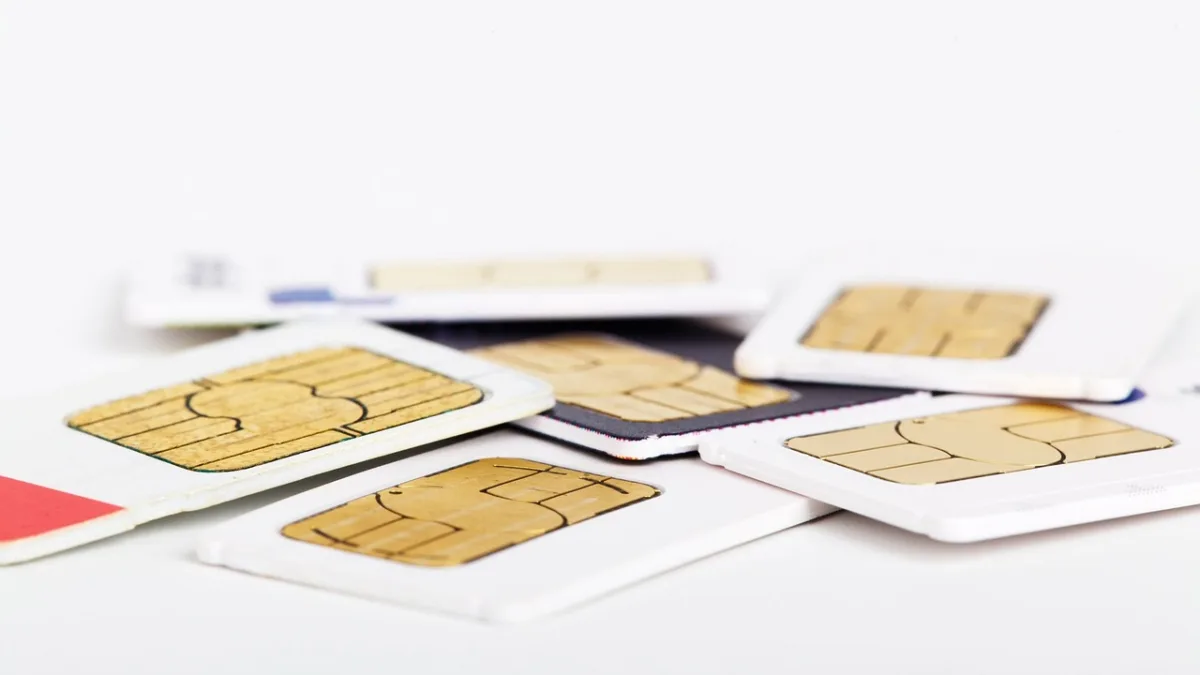The government of Pakistan, facing financial strain, has taken a strong step against non-filers. They’ve ordered the blocking of over 500,000 mobile phone SIM cards of non-filers who haven’t filed their tax returns for 2023. This action is based on the Income Tax Ordinance of 2001, showing the government’s commitment to increasing tax compliance. Prime Minister Shehbaz Sharif has pledged significant economic reforms to tackle the country’s financial crisis.

The Federal Board of Revenue (FBR) directed the Pakistan Telecommunication Authority (PTA) and telecom companies to enforce this order immediately. These SIM cards will remain blocked until the FBR or the relevant tax authority restores them. The FBR has published the names of over 500,000 non-filers, emphasizing their responsibility to file taxes despite having taxable income.
This move aims to expand the tax base and ensure fairness in the tax system. Non-filers can restore their SIM cards by filing their tax returns for 2023. The FBR gained additional powers last year to increase tax compliance, including the authority to disconnect utilities and block SIM cards of non-compliant individuals.
In addition to this action, the FBR established district tax offices across the country to bring in new taxpayers. They also collaborated with the PTA to identify SIM cards of under-filers. While the FBR initially identified two million potential tax evaders, they decided to block 0.5 million SIM cards in the first phase due to concerns raised by telecom companies.
Despite efforts to broaden the tax base, there has been a decrease in tax returns filed, indicating a need for more comprehensive measures. To address this, the government initiated the Tajir Dost Scheme to register traders, focusing on various categories across major cities. Traders failing to register by the deadline face monetary penalties.
Overall, these actions reflect the government’s determination to improve tax compliance and alleviate the country’s financial challenges.









